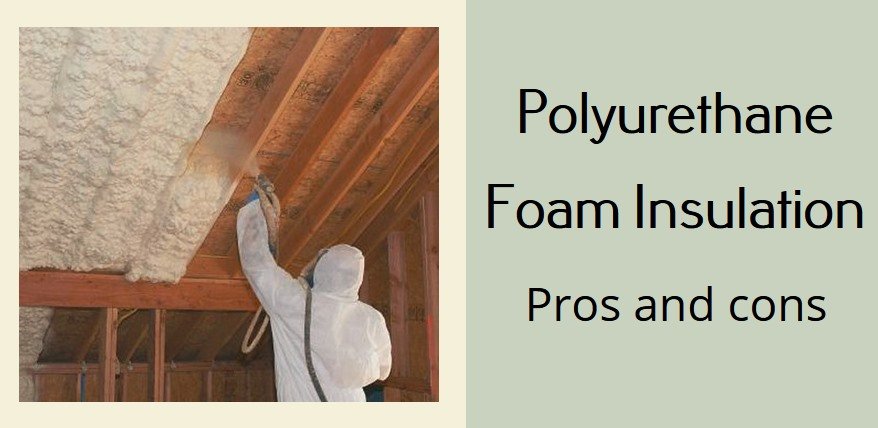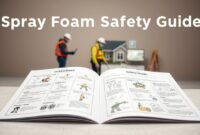Polyurethane foam insulation is a new and highly efficient insulation material solution for buildings. It covers even the tiniest spaces whenever done by spraying. It also offers a house with durable and anti-damage insulation, boosting living coziness and lowering heating expenditures.
Do you wish to use this material as insulation in your home? If so, learn about the pros and cons of polyurethane foam insulation to understand why many people opt for spray home insulation. Afterward, do not be afraid to go with polyurethane foam insulation.
Why many people opt for spray home insulation ? learn about the pros and cons of polyurethane foam insulation to know it
1st Pros — Heating Efficiency
Various thermal-insulation substances’ pros and cons support the claim that shielding a building using polystyrene foam or wool does not often provide quantifiable benefits. The pros’ summary for polyurethane foam is astonishingly lengthy.
Among polyurethane foam insulation pros and cons, one of the pros is probably cheaper heating bills. This material has excellent thermal insulating qualities. The removal of thermal bridges prevents heat from escaping from the house’s essential locations. This permits heat to be retained in the wintertime and prevents heat from entering summer.

This polyurethane foam’s advantages lead to considerable cost savings in power and gasoline. The heat within every room can be kept steady and comfortable. Reduced heat losses have a visible influence on heating expenses. This is not, though, the sole benefit of polyurethane foam.
2nd Pros — Easy and Quick Set-Up
Among all the polyurethane foam insulation pros and cons, one of the polyurethane foam pros is its ease of placement. Because the foam is injected with a spray gun, it expands its volume many times and dries quickly. As a result, spray insulation requires substantially less time than other insulation types.
The benefit of this foam is also its ease of installation in the attic. The material is ideal for slanted and tough surfaces. The expansion allows it to enter even the smallest spaces, preventing thermal bridges from forming. This foam is suitable for sloped ceilings as well as small rooms.
3rd Pros — Safety
Polyurethane foam does have a low thermal transfer index, giving it among the greatest heat insulation components. The material is incredibly lightweight, strongly adhesive to the surface, and immune to breakage. It does not overwhelm the framework of a building.
Additionally, foam insulation is completely safe for allergy patients and pets. It produces no dust, has no allergies, and emits no hazardous gasses. It keeps a high degree of thermal insulation for a long time.
The Only Cons of Spray Foam Insulation is the Cost
Foam heat insulation is unquestionably among the most powerful solutions in terms of insulating properties. One obvious downside of this insulation approach is its high cost compared to other alternatives.
It comes out that its cost is equivalent to that of other insulating technologies. All expenditures will be returned over the next four years, as the longevity of the insulating foam is excellent. Since all of the benefits of this foam insulation are considered, the only con in terms of cost seems negligible.
Thus, those are all polyurethane foam insulation pros and cons. So, if you are sure to apply this material to your building, make sure to contact the professionals.


